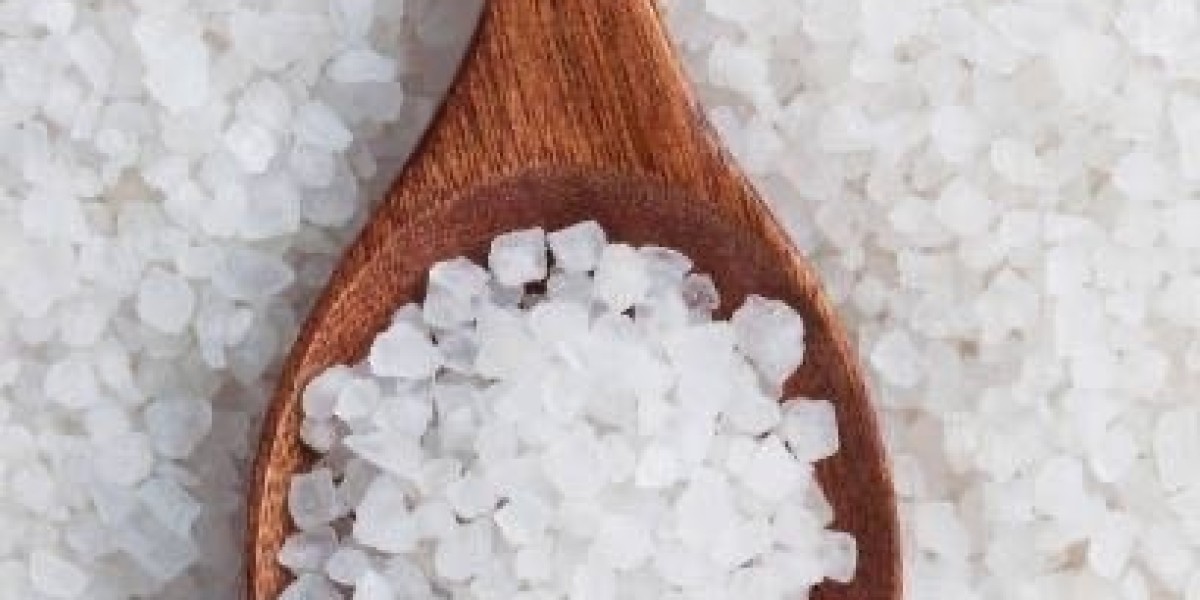Sea salt, with its distinct flavor and varied uses, has become a staple in kitchens worldwide. Unlike its refined counterpart, table salt, sea salt is produced through the evaporation of seawater. This natural process retains essential minerals, giving sea salt its unique taste and health benefits.
One of the key attributes of sea salt is its mineral content. While the exact composition varies depending on the source, sea salt typically contains essential minerals like magnesium, potassium, and calcium. These minerals not only enhance the flavor of dishes but also offer potential health advantages. For instance, magnesium is crucial for nerve function and muscle health, while potassium helps regulate blood pressure.
The production of sea salt involves collecting seawater in large shallow pans or ponds. As the water evaporates under the sun, salt crystals form and are then harvested. This traditional method preserves the natural state of the salt, ensuring it remains unrefined and rich in minerals. Some artisanal producers even hand-harvest salt, further emphasizing its purity and quality.
Sea salt’s flavor profile is another reason for its popularity among chefs and home cooks. Its briny and slightly mineral taste can enhance the natural flavors of ingredients without overpowering them. From seasoning meats and vegetables to finishing dishes, sea salt adds depth and complexity to culinary creations.
Beyond its culinary uses, sea salt has found applications in skincare and wellness. It is a common ingredient in natural skincare products due to its exfoliating and mineral-rich properties. Sea salt scrubs help remove dead skin cells, leaving the skin refreshed and smooth. Additionally, soaking in a warm bath with sea salt can promote relaxation and soothe tired muscles—a practice dating back centuries in various cultures.
However, despite its benefits, moderation is key when consuming sea salt. Like any salt, excessive intake can lead to health issues such as high blood pressure. It’s essential to strike a balance and complement a sea salt-rich diet with other nutritious foods.
In conclusion, sea salt’s natural origin, mineral content, distinct flavor, and versatile uses make it a beloved ingredient in the culinary world and beyond. Whether sprinkled on a dish or used in skincare rituals, sea salt continues to demonstrate its timeless appeal and benefits to humankind




Marcelo Orlando 44 w
GOSTEI